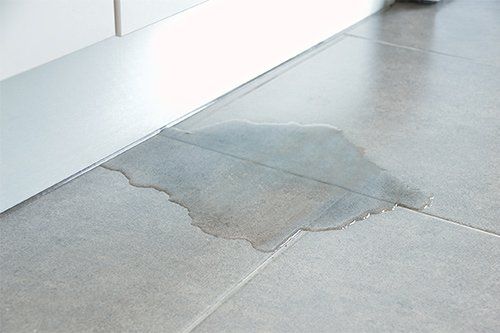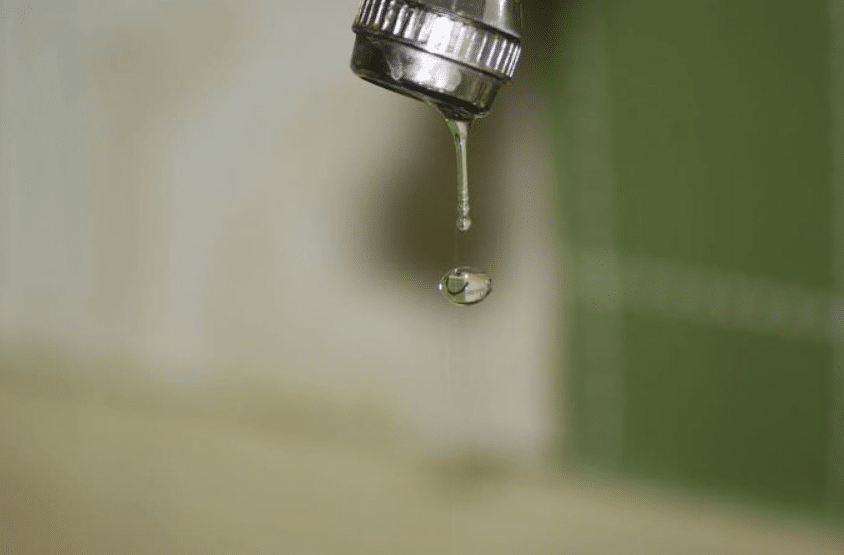What Causes Water Leaks? 6 Most Common Reasons in Homes
What Causes Water Leaks? 6 Most Common Reasons in Homes
Blog Article
What are your beliefs on How to Find Water Leaks?

Leaks not only trigger waste of water however can also cause unneeded damages to your house and advertise undesirable organic growth. Unfortunately, water leaks might go undetected considering that most of the pipework in our residence is concealed. By looking and also recognizing for day-to-day situations that trigger leaks, you can secure your house from future leaks and unnecessary damage. Today, we will consider 6 leak causes that might be triggering your pipes to trickle.
Intruding origins
A lot of water leakages start outside your home rather than inside it. If you see a sudden decline in water pressure, state in your faucet, take time to head out and also examine your backyard. You might observe damp patches or sinkholes in your lawn, which may suggest that tree roots are getting into water lines creating water to seep out. You can have your plumber check for breach, especially if you have trees or bushes near your property.
Corroded water systems
As time passes by, your plumbing system ages and deterioration such as rust might start eating away the pipelines. This might be the root cause of staining or warping on your water pipes. This requires an inspection with your plumber right away. Consider replacing the pipes considering that they are at a greater threat of corrosion than the newer designs if our plumbing system is old.
Faulty Pipe Joints
The point at which your pipes connect is frequently the weakest link in the waterline. Pipeline joints can degrade gradually, leading to water leakages. Regrettably, the majority of pipe joints are not easily visible. If you have noisy pipes that make ticking or banging noises, specifically when the hot water is activated, your pipeline joints are most likely under a lot of pressure. It is advisable to have your plumber inspect your system annually.
Instant temperature level adjustments.
Extreme temperature level modifications in our pipelines can trigger them to increase as well as contract suddenly. This expansion and also contraction may create cracks in the pipelines, especially if the temperature level are below cold.
Poor Water Connectors
Sometimes, a leakage can be caused by loosened pipes and pipelines that supply your devices. Typically, moving is what causes the loosened water Connections. You may find when it comes to a washing maker, a pipe may spring a leakage because of shaking throughout the spin cycle. In case of a water connections leak, you may see water running directly from the supply line or pools around your appliances.
Clogged Drains
Blocked drains pipes might be aggravating and inconveniencing, however they can often wind up triggering an overflow causing break pipelines. Maintain eliminating any kind of materials that may drop your drains that could block them to stay clear of such hassles.
All the above are root causes of leaks yet not all water leaks result from plumbing leaks; some leaks could originate from roofing leakages. All leaks must be fixed quickly to prevent water damages.
Leakages not just create waste of water but can additionally trigger unneeded damages to your house and also advertise undesirable natural growth. By recognizing as well as looking for daily scenarios that cause leakages, you can shield your residence from future leaks and unnecessary damage. Today, we will look at 6 leakage creates that may be causing your pipelines to trickle.
At times, a leakage can be caused by loose hoses and pipelines that provide your devices. In instance of a water links leak, you may see water running straight from the supply line or pools around your home appliances.
How To Check For Water Leak In Your Home
How To Check for Leaks
The average household's leaks can account for nearly 10,000 gallons of water wasted every year and ten percent of homes have leaks that waste 90 gallons or more per day. Common types of leaks found in the home are worn toilet flappers, dripping faucets, and other leaking valves. These types of leaks are often easy to fix, requiring only a few tools and hardware that can pay for themselves in water savings. Fixing easily corrected household water leaks can save homeowners about 10 percent on their water bills.
To check for leaks in your home, you first need to determine whether you're wasting water and then identify the source of the leak. Here are some tips for finding leaks:
Take a look at your water usage during a colder month, such as January or February. If a family of four exceeds 12,000 gallons per month, there are serious leaks.
Check your water meter before and after a two-hour period when no water is being used. If the meter changes at all, you probably have a leak.
Identify toilet leaks by placing a drop of food coloring in the toilet tank. If any color shows up in the bowl after 10 minutes, you have a leak. (Be sure to flush immediately after the experiment to avoid staining the tank.)
Examine faucet gaskets and pipe fittings for any water on the outside of the pipe to check for surface leaks.
Undetected water leaks can happen without the home or business owner even realizing. If you suspect a water leak, but not able to find the source. It is time to contact a professional water leak detection service, The Leak Doctor.
How To Find a Water Leak In Your Home
https://www.leakdoctor.com/blog/How-To-Check-For-Water-Leak-In-Your-Home_AE197.html

As a serious reader about How Fast Water Damage Can Ruin Your Home, I figured sharing that piece of content was sensible. I beg you take the opportunity to share this blog entry if you liked it. Thanks a lot for going through it.
Schedule Here Report this page